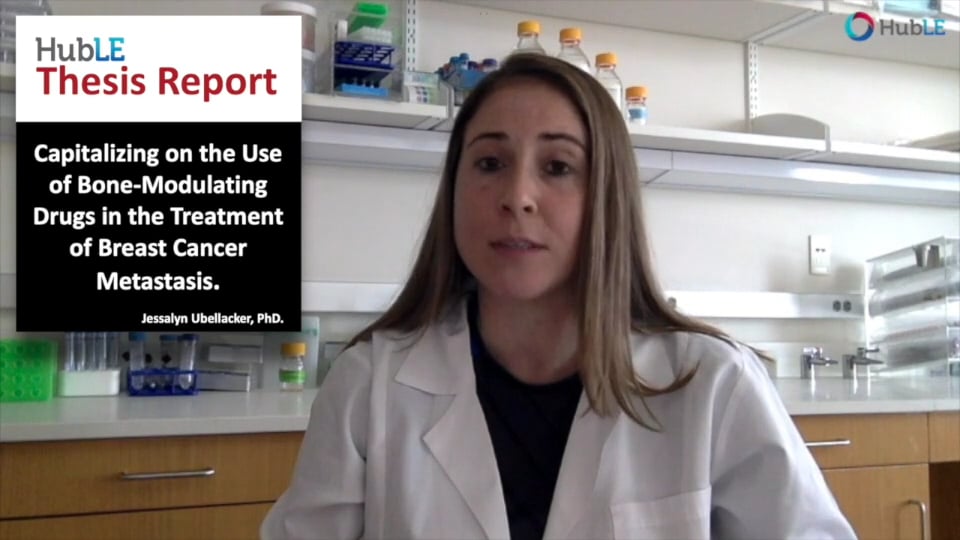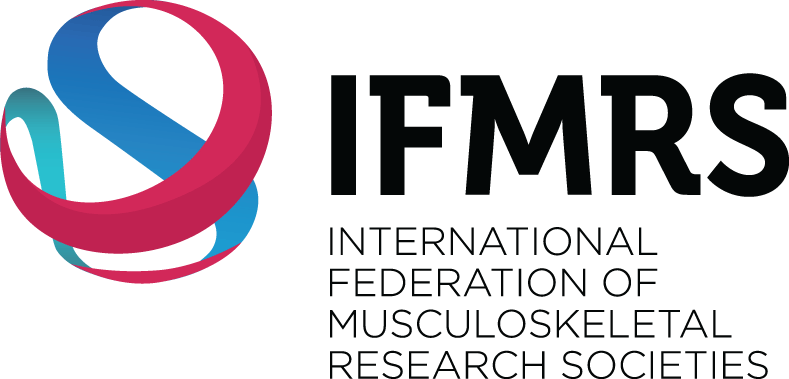Infographic

Abstract
Most breast cancer patients have no evidence of metastasis at the time of original diagnosis, yet ~30% of patients experience recurrent disease. Over 90% of cancer deaths occur due to metastasis, and bone is the most common site of breast cancer metastasis. In some clinical trials, adjuvant zoledronic acid (ZA), a bone-targeting agent, increased disease-free survival but responses were nevertheless limited. The reasons for limited responses are unknown and the mechanisms underlying ZA’s protective effect are unclear. Here, using preclinical breast cancer metastasis models, we establish that bone marrow hematopoietic cells harbor tumor suppressive activity in response to ZA. Specifically, ZA renders myeloid/osteoclast progenitor cells (M/OCPs) tumor-suppressive by altering their gene expression profile and lineage potential. Granulocyte-colony stimulating factor (G-CSF) counteracts ZA’s beneficial effects by directing M/OCP differentiation toward osteoclasts, which ablates metastasis suppression. Women enrolled in a clinical trial who had plasma G-CSF levels >23 pg/mL at randomization experienced a significant reduction in disease-free survival with adjuvant ZA. Our study lays a foundation for understanding breast cancer patient responses to ZA and suggests that finding ways to capitalize on M/OCP function and differentiation potential would constitute novel therapeutic approaches to prevent or limit metastatic disease in the bone.
Thesis
The full text of Dr Jessalyn Ubellacker’s thesis is unavailable.


